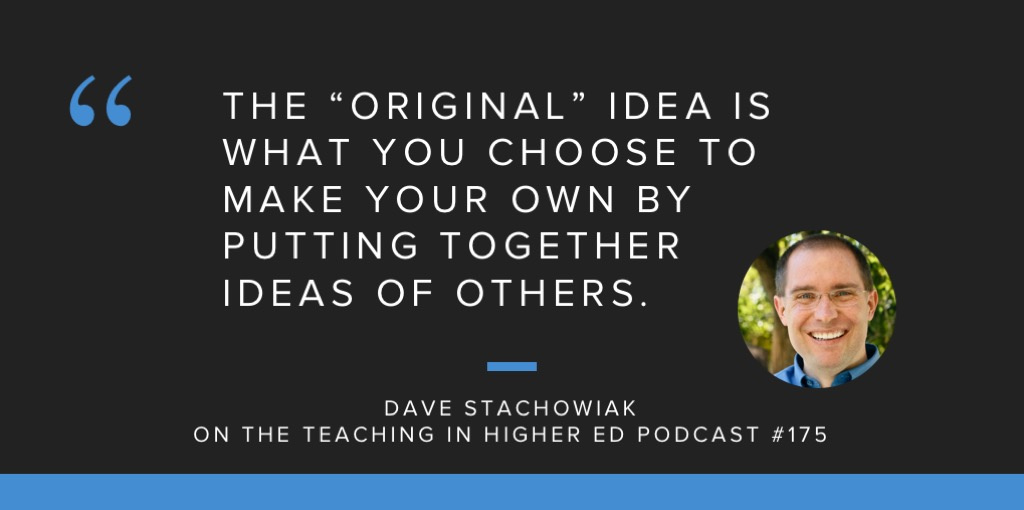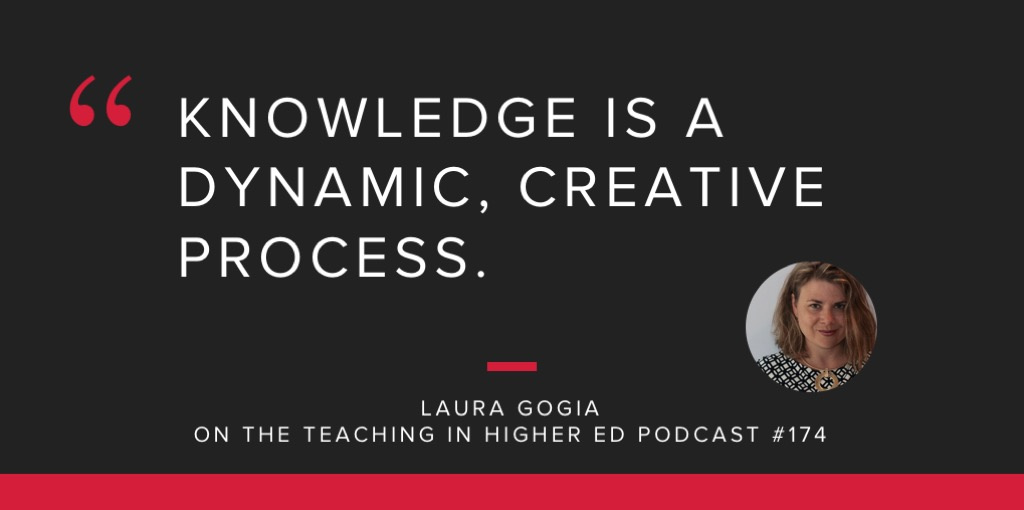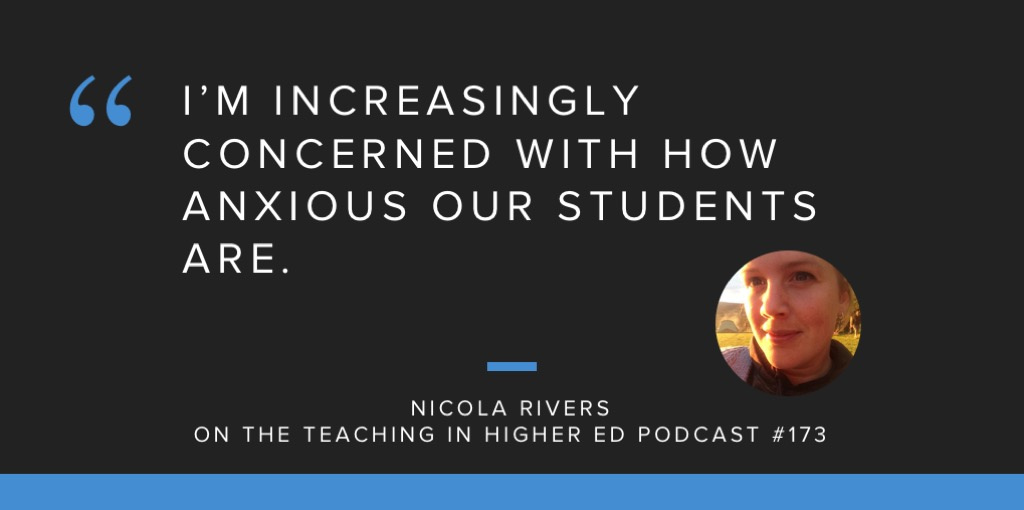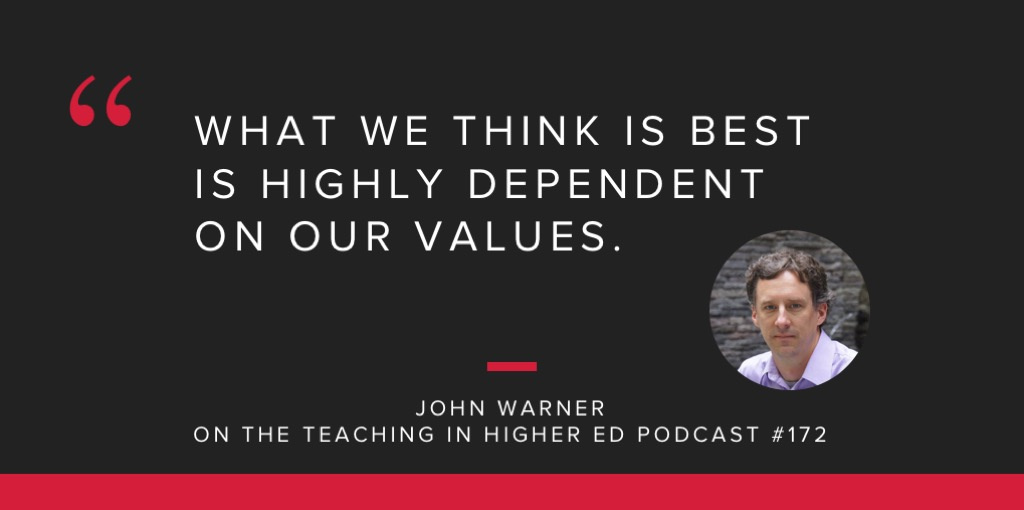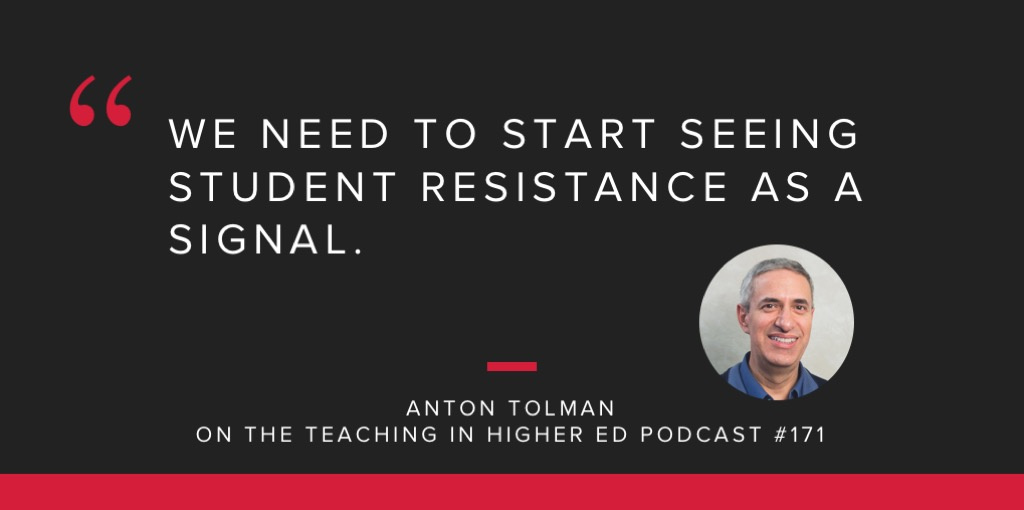Bonni and Dave Stachowiak answer listener questions on episode 175 of the Teaching in Higher Ed podcast.
Resources Mentioned
- Choose Your Own Adventure Learning, Part 1
- Choose Your Own Adventure Learning, Part 2
- Choose Your Own Adventure Assessment
- National Center on Universal Design for Learning
- 159: Dynamic Lecturing with Todd Zakrajsek
- UDL guidelines – version 2.0 – Examples and resources
- CAST’s UDL resources
- Getting Things Done
- Fork Your Syllabus, You Slackers
- Annotating DML
- www.learnhowtopodcast.com
- The Showrunner
Are You Enjoying the Show?
Rate/review the show. Please consider rating or leaving a review for the Teaching in Higher Ed podcast on whatever service you use to listen to it on (Apple Podcasts, Stitcher, etc.). It is the best way to help others discover the show.
Give feedback. As always, I welcome suggestions for future topics or guests.
Subscribe. If you have yet to subscribe to the weekly update, you can receive a single email each week with the show notes (including all the links we talk about on the episode), as well as an article on either teaching or productivity.
